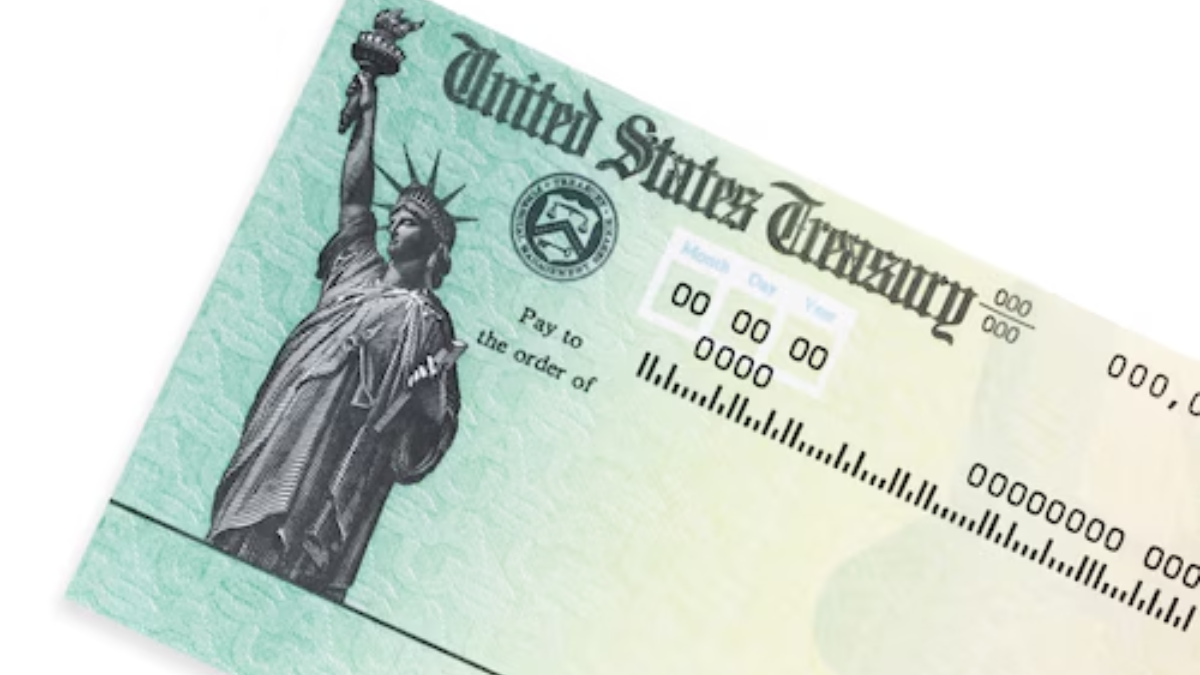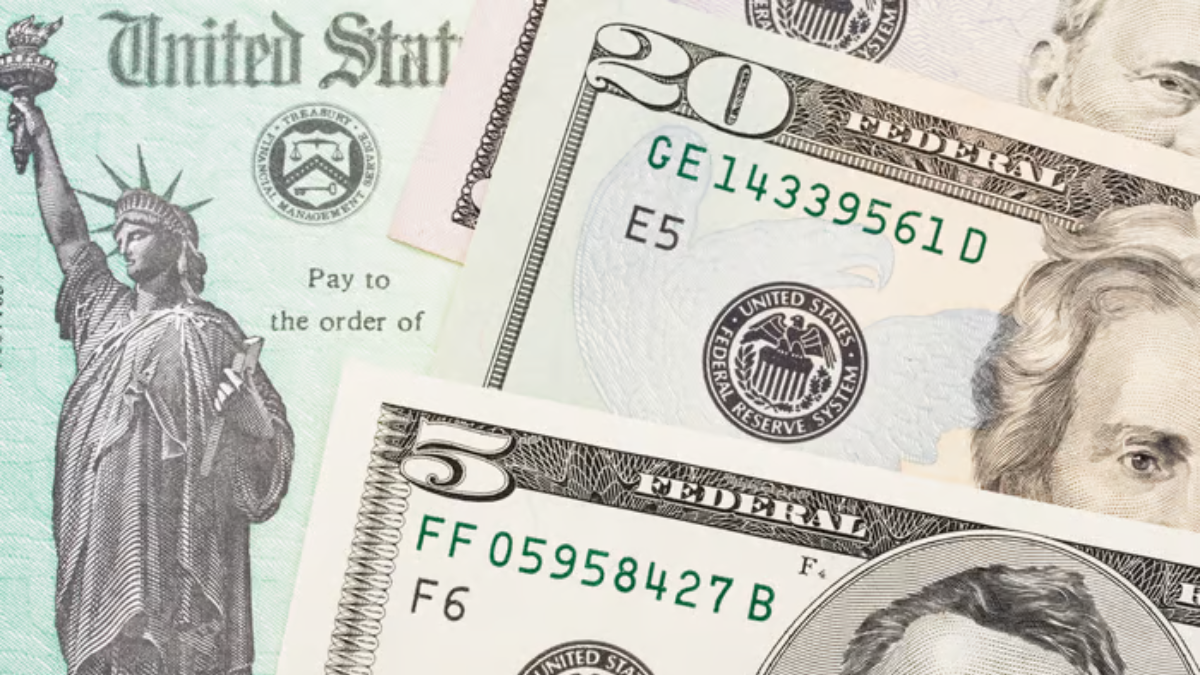Efforts to expand high-speed internet access across West Virginia have hit a pause, as state officials revisit plans for spending over a billion dollars in federal broadband funding. The delay comes amid growing concern that new policies under President Donald Trump could shift the focus from reliable fiber-optic networks to satellite services like Starlink.
On March 28, Governor Patrick Morrisey announced that West Virginia received a 90-day extension to finalize its proposal for the Broadband Equity, Access, and Deployment (BEAD) program, which is managed by the U.S. Department of Commerce’s National Telecommunications and Information Administration (NTIA).
While states like Delaware and Louisiana have already submitted their plans, West Virginia, along with Maine, requested more time to adapt to potential changes in the program’s guidelines. These changes, introduced by the Trump administration, raise concern that satellite services could be prioritized over traditional fiber-to-the-home (FTTH) projects, which many believe offer better long-term value.
In a strongly worded letter, the Grant County Commission urged Governor Morrisey to support fiber projects instead of satellite internet. “FTTH provides a more sustainable, equitable, and high-performance option for our community,” wrote Commission President Kevin Hagerty and fellow commissioners Scotty Miley and Tyson Riggleman.
The commissioners criticized Starlink—Elon Musk’s satellite internet company—not only for its performance and support issues but also for potential interference with the National Radio Quiet Zone near Green Bank, West Virginia. “If residents wanted Starlink, they could already buy it,” the letter said, highlighting that fiber provides better support through local providers and is more cost-effective.
Adding fuel to the debate, former BEAD program director Evan Feinman, who recently resigned, warned in a letter to staff that the Trump administration’s proposed changes could severely limit the number of homes and businesses that receive fiber connections. Feinman accused policymakers of attempting to enrich billionaires at the expense of rural America, calling it a “betrayal.”
Despite the mounting criticism, Governor Morrisey remains hopeful. At a recent press conference marking his 100th day in office, he emphasized that the state is working closely with the federal government to adjust the proposal to align with evolving policies. “We want to make sure we do what’s right for West Virginia,” Morrisey said.
Bill Bissett, chairman of the West Virginia Broadband Enhancement Council, agrees that satellite has a role—but only as a supplement for hard-to-reach areas. “Fiber remains the gold standard,” he said. “It’s the only option that supports data centers, large businesses, and the growing demand for digital services in rural regions.”
So far, West Virginia has already had Volume II of its Initial BEAD Proposal approved in April 2024, one of the first three states to reach that milestone. The state was awarded $1.2 billion in June 2023, made possible by the Infrastructure Investment and Jobs Act signed into law in 2021 by former President Joe Biden, with key support from West Virginia senators Shelley Moore Capito and Joe Manchin.
As West Virginia reworks its proposal, broadband advocates hope the state continues to prioritize solutions that serve long-term needs over short-term gains. With each passing day, however, the delay prolongs the digital divide for many rural communities still waiting for reliable internet.
“Every day we delay,” Bissett said, “is another day that underserved West Virginians remain disconnected from essential resources like education, telehealth, and economic opportunity.”










